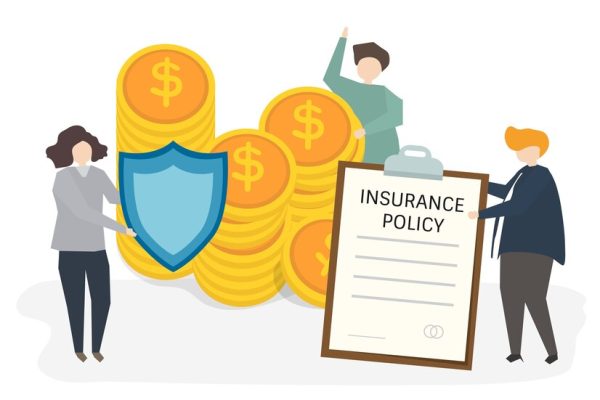
Insurance Innovation in 2025
The insurance industry, long known for its traditional methods and paper-heavy processes, is on the verge of a revolution. With the accelerating pace of technological advancements, changing consumer expectations, and evolving global risks, the insurance landscape is undergoing profound transformations. By 2025, we expect to see a more personalized, efficient, and tech-driven insurance ecosystem that…








